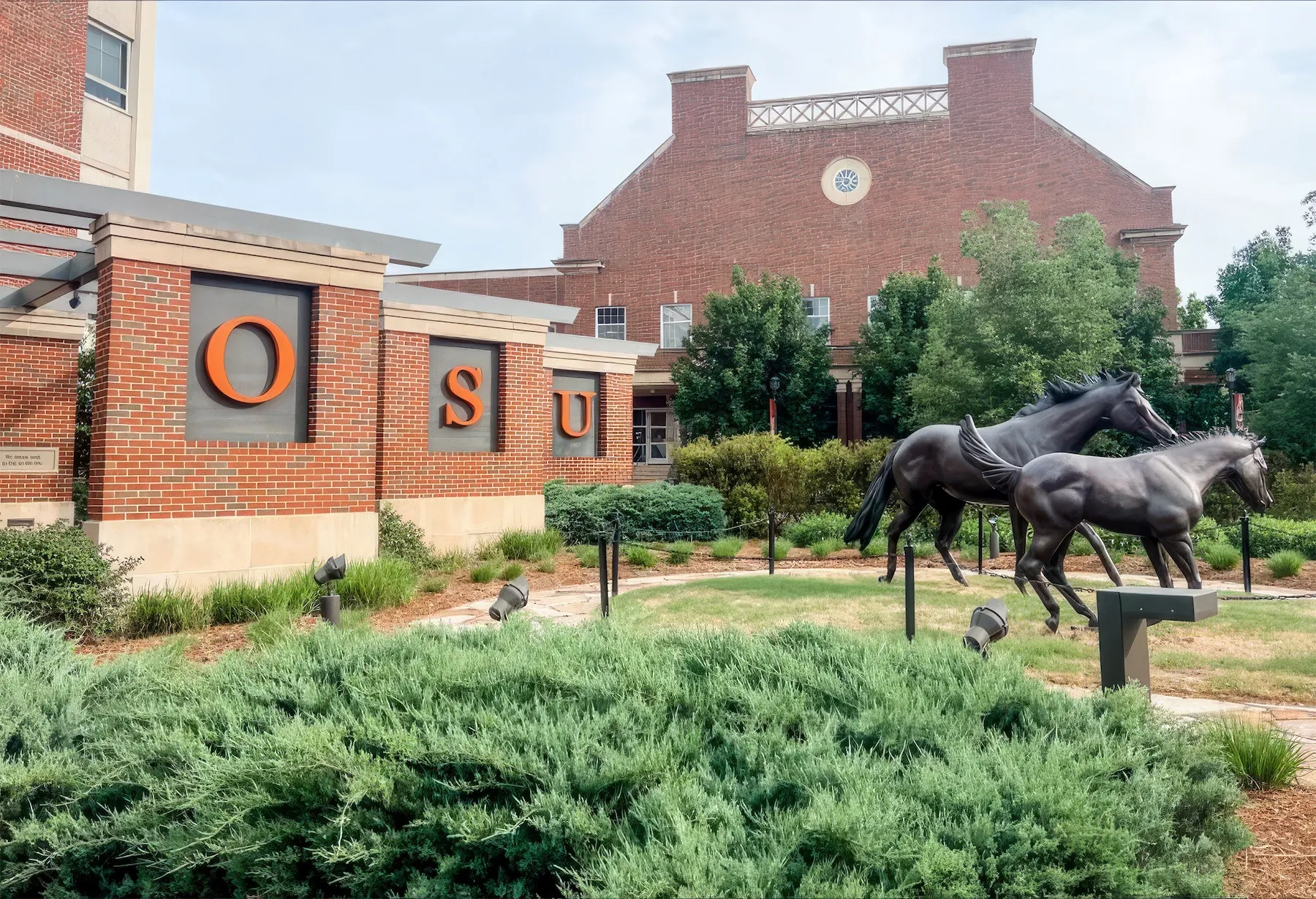Processing the Election

- See the individual, not just an ideology.
Political discourse can quickly become divisive, leading us to depersonalize others. In dialogue, we can minimize people to an ideological position without first seeking to understand them. Take time to learn about the person whose political opinions differ from your own. Ask about their underlying concerns and the kind of life they want for themselves and their loved ones. Lead with an assumption of good faith in your conversations.
Think about exploring through questions like:
- Why is this issue important to you?
- Is there a personal experience that impacts your stance on this issue? Tell me about that.
- What has influenced your thinking on this?
- Have you always felt this way about this issue?
- How do you see this impacting you and your family?
- Take time to unplug.
We live in a highly connected world where information is right at our fingertips anytime and anywhere. There are many positives to that, but the reality of a 24/7 news cycle no further from us than our phones doesn’t always serve us well. We can “doomscroll” into the wee hours of the night, making us physically, mentally, and emotionally weary. We can obsess over the next “breaking” story, and the next, and the next.
Do yourself a favor and set some boundaries around your news and social media intake.
- Make a rule that you won’t engage with news or social media past a certain time each evening.
- Balance out your intake by following accounts and reading news stories that offer positive, hopeful perspectives & content.
- Give yourself permission to have a moratorium. Take a full day off from news and social media each week. Use that time you would be scrolling to take a walk, pray or meditate, or cook a meal with your roommate. The news will be there tomorrow.
- Prioritize your physical well-being.
Election-related stress can take its toll on us mentally and emotionally, but also physically. Find an outlet for regular, moderate physical activity and work that into your personal routine. Visit The Colvin to take some laps with a friend or sign up for a group fitness class. Sit by Theta Pond or favorite campus outdoor spot and engage in some breathing exercises. Increase your intake of healthy fruits, vegetables, and proteins. Make sure to get plenty of sleep each night, giving yourself a homework and social media cut-off time so your mind can wind down before bed.
- Focus on the things you can control, not on the things you can’t.
In the midst of uncertainty surrounding an election, we can easily concentrate on the unknowns of how one outcome or another could potentially impact us. Instead of going down the worrisome road of worst-case scenarios, devote your time and energy to those things you can control.
Consider the following:
- Create and review your voting plan.
- Look for opportunities to positively impact your local community by volunteering through Student Volunteer Center.
- Call or write to your local or state legislator to advocate for an issue you care about.
- Run for an open position in Student Government Association or the Student Council for your academic college to enact positive change on OSU’s campus.
- Connect with other people.
The stress and anxiety of a political season can render us feeling isolated as we “get into our heads” about the world around us. We can also feel a sense of separation from those we love, but with whom we have political differences. As challenging as it may seem, we need to connect with others more not less.
Here are some thoughts on how to manage that well:
- Spend time with friends while being mindful of your needs and limits when it comes to political conversations.
- Set boundaries and ground rules in your conversations with others surrounding politics. If your boundaries get crossed, respectfully address it. If that persists, take a step back from the conversation.
- Make a plan to do something with your friends and/or family that you all enjoy.
- Check in with your friends to see how they’re doing and share with them about how you’re doing. It’s likely they’re experiencing a level of uncertainty right now, too.
- Pursue support.
It’s typical to experience some stress surrounding an election. If you find that your stress level is becoming unmanageable or that you’re not coping with your stress in healthy ways, reach out for support. University Counseling Services has options available for you, including Togetherall, an anonymous online support community. You can also contact Student Support. We’ll be glad to work with you to develop a Care Plan that addresses your needs.
Concerned about your well-being or someone else?
Case Management can assist in getting you or others connected to support services.
Submit a Care Report 232 Student Union405-744-9885WE ARE ALL COWBOYSHailing from all 50 states and 98 countries, we are united by the Cowboy Code.
- We end the day knowing we gave it everything we had
- We dream only as big as the sky
- We know challenges come with pain, but pain will not win
- We have a passion to do what's right, even when it's hard
- We stand for what matters, even if we stand alone
- We finish what we start
- Being a Cowboy isn't in our clothes, it's in our character
